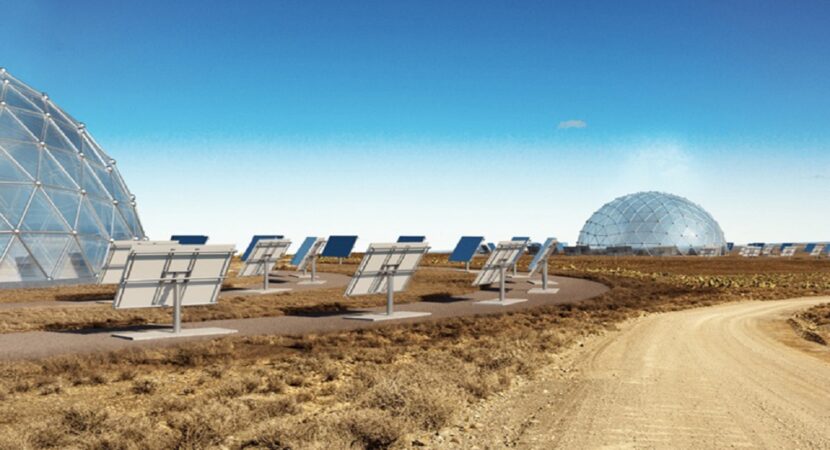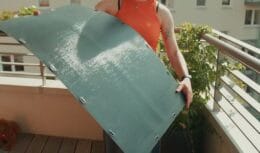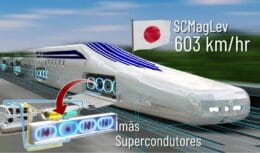
The company Solar Water, in partnership with the government of Saudi Arabia, is completing the solar plant that desalinates sea water. The solar power plant will be ready later this year and is a solution to several problems in Middle East countries, and may be taken to other countries
Saudi Arabia is finalizing construction of the first “solar dome” plant capable of desalinating seawater and revolutionizing the renewable energy industry. The construction of the solar plant is a partnership between the government of the country, with the English company, Solar Water, and aims to develop a new way that does not emit carbon, does not use polluting chemicals and without much electricity consumption to transform the water. from the sea into drinking water, using solar energy.
Read also
Solar plant project received investments of US$ 500 billion
The proposed solar power plant is part of the “NEOM” project, which is expected to cost US$ 500 billion to foster innovative ideas in search of a clean future. The agreement was signed at the end of January last year and the construction of the solar plant, located in northwest Saudi Arabia, is already in its final stages and is expected to be completed by the end of this year.
According to the president of Solar Water, David Reavley, the solar energy plant in Saudi Arabia is essentially a steel pot buried in the ground, covered by a glass dome, which takes the shape of a ball.
The installation is based on an experimental technology of concentrated solar energy, composed of heliostatic reflectors, which are similar to solar energy panels, where they focus the radiation towards the interior of the dome. Soon after, the heat is stored and directed to the sea water, which is inside the dome, causing the liquid to evaporate and then condense to turn into clean water.
Lack of water motivates companies to seek new solutions
The executive claims that the construction of the solar plant in Saudi Arabia has the advantage of relatively low cost and easy application, which could promote its economic use in several other parts of the world where there is a predominance of lack of potable water, especially in the Middle East.
It is noteworthy that water covers 71% of the earth, but only 3% of this total is fresh water. In view of the lack of the most important natural resource in human life, in large parts of the planet and that there is also little rainfall, finding solutions motivates the effort to create new desalination technologies using solar energy.
Other companies seek clean solutions for drinking water
In addition to Solar Water, in partnership with the government of Saudi Arabia, other companies are seeking the same solution, such as Solar Water Solutions and Climate Fund Manager. Together, their actions have already installed around 200 desalination units that do not emit any polluting gas in Kitui County (Kenya), with the mission of providing clean water to 400 families by the year 2023.
There are still other innovative solutions, as is the case of the United Arab Emirates, which used aerial vehicles to discharge electricity into clouds and promote precipitation, the objects are called “rain drones”.
Another big company in this field is Source Global, which uses hydropanels in its solar power plant that extract fresh water from the air. The company's project does not need to be connected to an infrastructure network or use electricity. The company's next project will also be in Saudi Arabia, where the company will build 18 hotels that will use the potable water from the plants.












